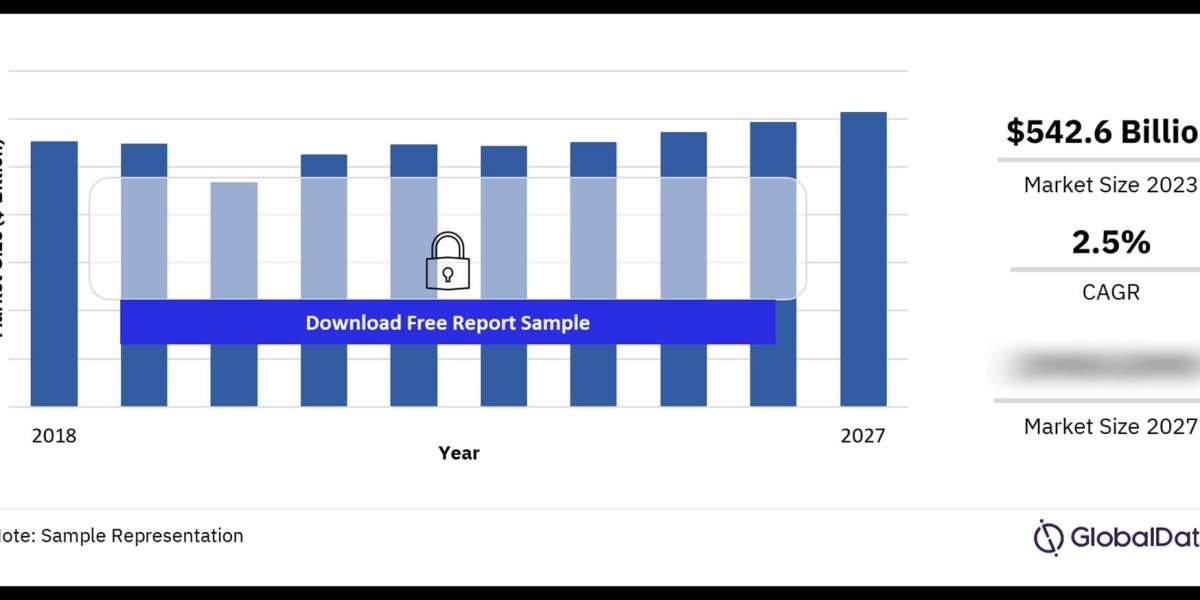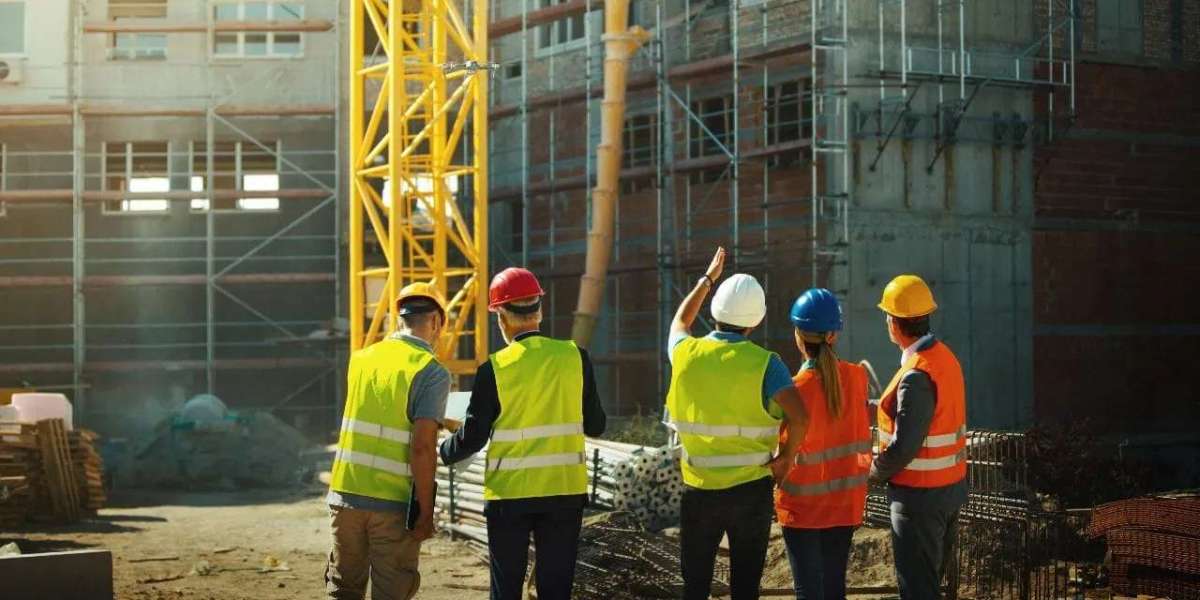The Latin America construction market faces several challenges, including regulatory hurdles and economic volatility, which impact the industry's growth and stability.

Here's an overview:
Regulatory Hurdles:
- Complex Permitting Processes: Obtaining construction permits in Latin American countries can be a lengthy and bureaucratic process, involving multiple government agencies and regulations. Delays in obtaining permits can lead to project delays and increased costs.
- Inconsistent Regulations: Regulatory frameworks governing the construction industry may vary widely between countries and regions within Latin America. Inconsistent regulations can create uncertainty for developers, contractors, and investors, hindering cross-border projects and investment.
- Corruption and Bribery: Corruption and bribery are significant challenges in some Latin American countries, impacting the construction sector. Corruption can distort market competition, inflate project costs, and undermine trust in the regulatory process, posing barriers to investment and growth.
Economic Volatility:
- Currency Fluctuations: Latin American economies are often susceptible to currency fluctuations, inflation, and exchange rate volatility. Currency depreciation can increase the cost of imported construction materials and equipment, affecting project budgets and profitability.
- Political Instability: Political instability, including changes in government, policy uncertainty, and social unrest, can disrupt construction projects and deter investment. Political instability may lead to regulatory changes, contract disputes, and project delays, posing risks to stakeholders in the construction industry.
- Fiscal Deficits and Government Spending: Fiscal deficits and government budget constraints can impact public infrastructure investment and government-funded construction projects. Economic downturns or austerity measures may result in reduced public spending on infrastructure, affecting the construction market's growth prospects.
- Access to Financing: Access to financing for construction projects can be challenging in Latin America, particularly for small and medium-sized enterprises (SMEs) and projects with higher risk profiles. Limited access to credit, high borrowing costs, and stringent lending requirements can constrain investment in the construction sector.
Infrastructure Deficits:
- Inadequate Infrastructure: Many Latin American countries face significant infrastructure deficits, including deficiencies in transportation, utilities, and public facilities. Addressing infrastructure gaps requires substantial investment and long-term planning, which may be hindered by regulatory hurdles, economic volatility, and funding constraints.
- Urbanization Challenges: Rapid urbanization in Latin America places pressure on existing infrastructure and urban services, exacerbating congestion, housing shortages, and environmental concerns. Meeting the infrastructure needs of growing urban populations requires coordinated planning, investment, and regulatory reforms.
Environmental and Sustainability Concerns:
- Environmental Regulations: Compliance with environmental regulations and sustainability standards adds complexity and costs to construction projects in Latin America. Environmental impact assessments, mitigation measures, and green building certifications are increasingly important considerations for developers and investors.
- Climate Change Risks: Climate change poses risks to infrastructure and construction projects in Latin America, including extreme weather events, sea-level rise, and water scarcity. Climate-resilient design, infrastructure adaptation, and risk management strategies are essential to mitigate the impacts of climate change on construction projects.
In summary, the Latin America construction market faces challenges related to regulatory hurdles, economic volatility, infrastructure deficits, and environmental sustainability. Addressing these challenges requires collaboration between governments, industry stakeholders, and international organizations to promote regulatory reforms, enhance infrastructure investment, and foster sustainable development in the region's construction sector.








